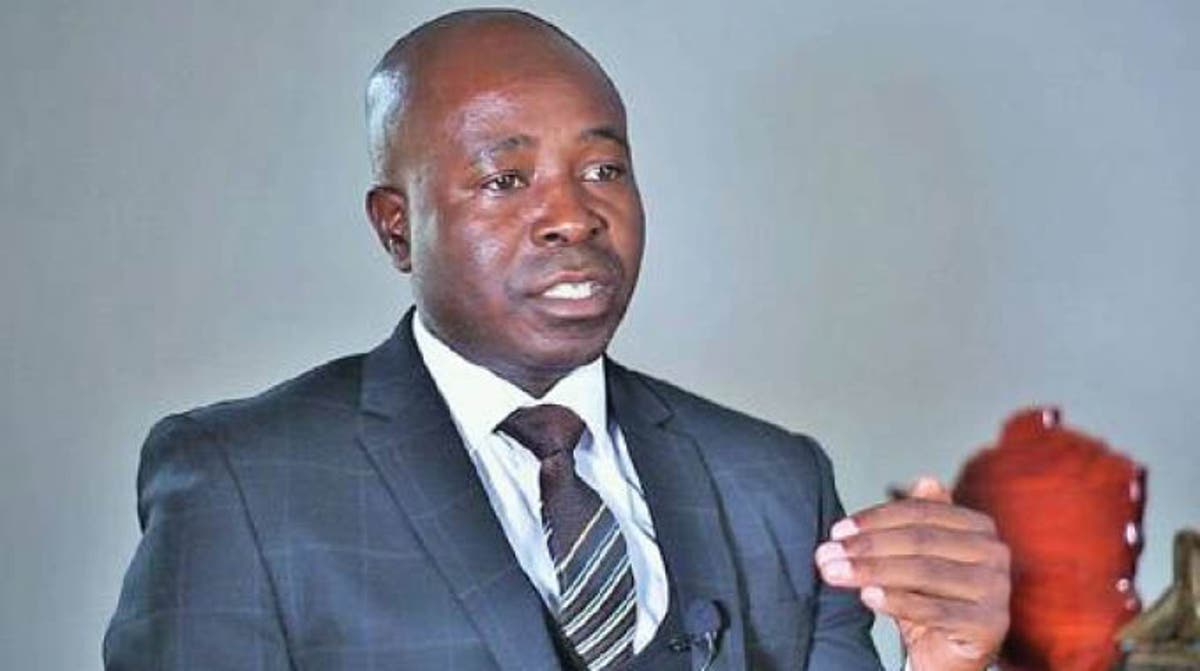Staff Reporter
The Reserve Bank of Zimbabwe (RBZ) has taken significant steps to stabilize the country’s economy by devaluing the local currency and tightening monetary policy.
For the first time since the Zimbabwe Gold (ZWG) currency was adopted in April, the RBZ has liberalized the exchange rate, effectively devaluing the ZWG. This move, accompanied by a sharp increase in lending rates, aims to curb inflation and restore confidence in the economy.
On Friday, the RBZ announced that the official exchange rate for the ZWG had been devalued by 42.5%, bringing it to ZWG24.39 against the US dollar.
In his press statement RBZ Governor, Dr John Mushayavanhu emphasized that these interventions are designed to stabilize the exchange rate and contain inflation, which had started to surge again after a period of relative calm.
“This adjustment follows weeks of widening black market rates, which had led to exchange rate volatility and rising inflationary pressures.
“In tandem with these changes, the central bank raised the bank lending rate from 20% to 35%, a move that is intended to reduce borrowing and tighten monetary conditions. The month-on-month inflation had been averaging as low as 0.82% from May to July 2024, exchange rate volatility in August pushed the inflation rate up to 1.4%, with further increases expected in September,” said Dr Mushakavanhu.
Economists and business leaders have responded positively to the RBZ’s interventions.
Confederation of Zimbabwe Retailers President, Denford Mutashu expressed optimism about the liberalization of the exchange rate, noting that it has the potential to restore stability if managed properly.
"The liberalized exchange rate could be a positive step forward, provided it is allowed to float freely, and people can access foreign currency through official channels.
“The devaluation of the ZWG would negatively impact those earning in local currency, as rising prices would erode their purchasing power. We also cautioned the RBZ and Treasury, warning, "Increasing the money supply through excessive printing or large payments to contractors could undermine these policy gains and destabilize the progress we have made,” Dr Mutashu explained.
For the first time, Government critic and economist Professor Gift Muganhu has expressed support for a Government policy, stating that the move to reduce the foreign currency limit for travelers could help curb the outflow of funds and bolster the country’s foreign currency reserves.
"Reducing the amount individuals can carry out of the country from US$10,000 to US$2,000 is a necessary step in preventing the externalization of funds and maintaining our foreign currency reserves," Muganhu remarked.
The RBZ’s focus on curbing exchange rate volatility, coupled with efforts to tighten money supply, could pave the way for more sustainable economic growth in the coming months.




